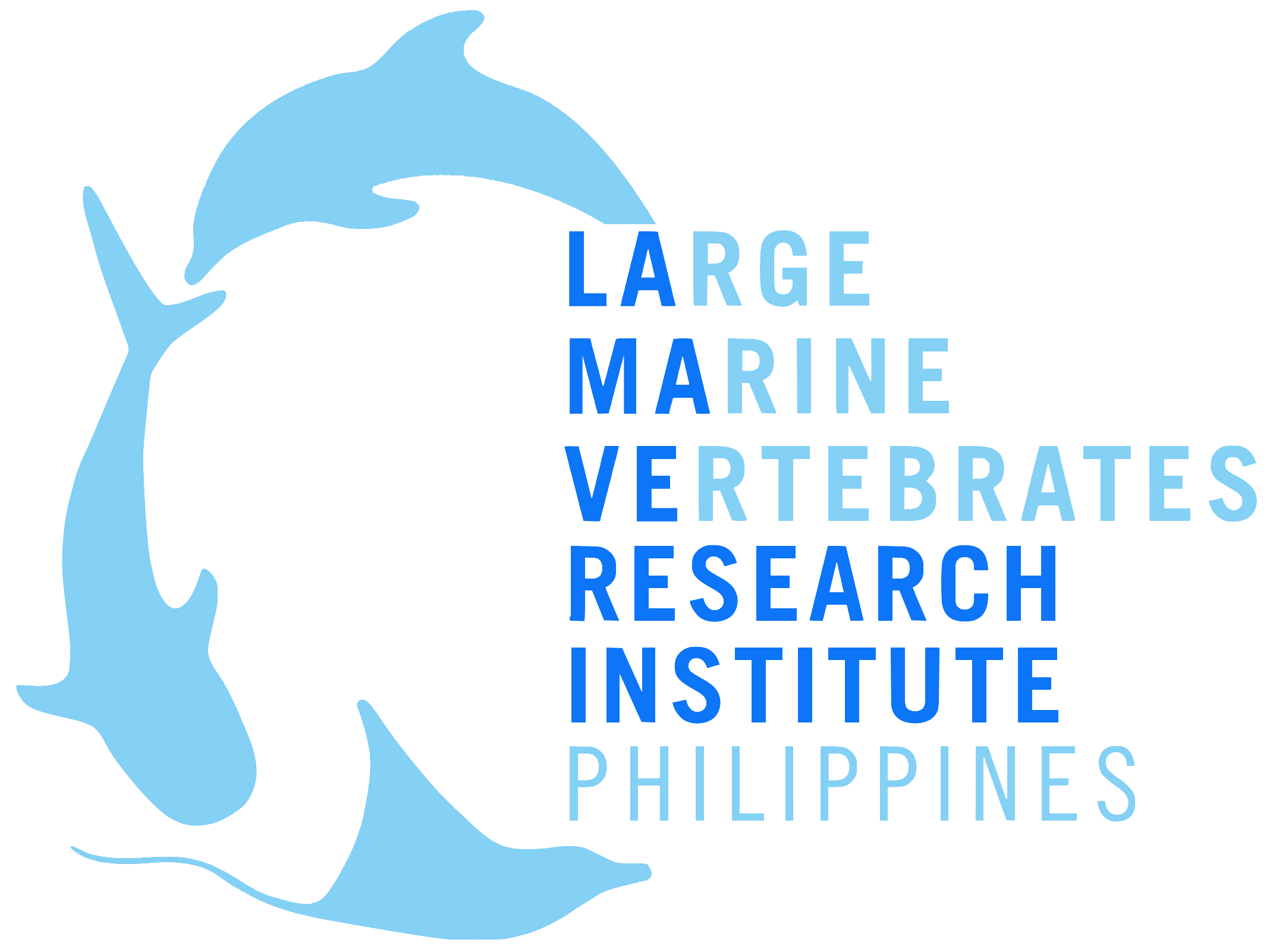VOLUNTEER BLOG
Learning curves, good company and questionable Tagalog pronunciation
by Isabel Hassall
I am now nearing the end of my three month placement in Puerto Princesa and it has flown by! The last ten weeks have been a truly wonderful experience, full of learning curves, good company, questionable Tagalog pronunciation and stunning whale shark encounters. When I told a few people at home what I would be doing next with my life they didn’t quite believe what I said. And it does sound like a joke really… “Yeah, I’m going to be in the Philippines for the next three months free-diving to collect images of whale sharks.” Still hasn’t really sunk in yet for me either.
The training process is a steep learning curve, but do not worry at all if it takes a few days to get the hang of it. You will learn to free-dive alongside each beautiful whale shark to get a photo of the left and right hand side and finally how to dive under the shark to get a genital shot. It took me a few days to get the perfect genital shot but as soon as I gained confidence around these huge creatures it came very naturally. Being on survey in Puerto Princesa is a totally unique experience – you never know what you might see. The morning sees us setting off into the Bay in search of tuna boils, which are a good spotting cue for the whale sharks. These boils are pretty amazing in themselves! The glimpse of a dorsal fin or spotted silhouette drifting into view triggers the start of our whale shark encounter and like a well-oiled, if slightly over-excited, machine we slip into the water. Diving down to take the ID shots really is an exhilarating experience and being in the presence of such an incredible animal is something I can’t describe. I feel extremely privileged to be here!
The team are wonderful and it is so lovely to meet volunteers from across the world. You get to know people so quickly and I know we will stay in touch. The community are very friendly and it has been great getting to know the neighbourhood. I hope to return to beautiful Palawan but for now let me wish you a wonderful placement – you’re going to love it.
PS. Bring a headband to wear in the water to stop your forehead getting burned!
P.P.S. If anyone is a celiac or gluten intolerant and is worried about coming (I was) then just know that there are definitely ways around it and it has worked out really well for me! Just make sure to check if the meat in a dish is breaded, as they tend to bread things without saying they will. Rice is big here so you’re all good with that! You can definitely have lots of the local food too – I was a fan of the Laing (pork and shrimp in a creamy Laing leaf sauce) and the seafood dishes. The Adobo contains soy sauce, but ask to see the bottle of soy sauce they use because a lot of the brands here don’t contain wheat (yay!).
Isabel Hassall volunteered for LAMAVE whale shark research and conservation project in Palawan. A passionate marine conservationist from the UK, Isabel graduated with a BSc (Hons) in Ecological and Environmental Science from the University of Edinburgh. Later, she started working as a marine consultant and research assistant in the UK. Her motivation for joining LAMAVE was to enhanced her field research skills and further her career in marine research and conservation.
Isabel (far right) with the rest of the research team during a team day off.





All LAMAVE team members are safe after #TyphoonOdette (Rai).
The team in Puerto Princesa City Palawan have just received access to communications through SMART (Wed 22 Dec)…